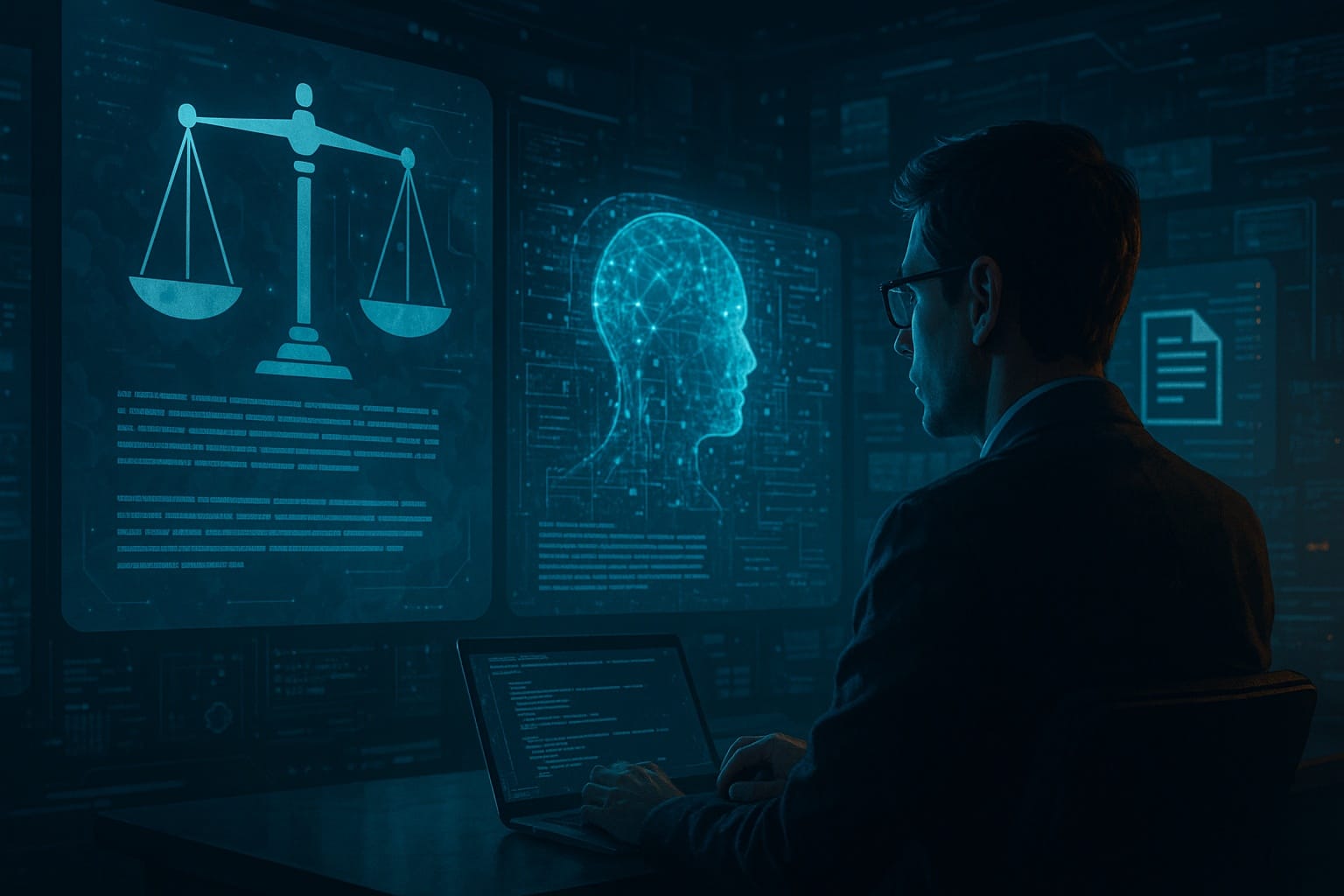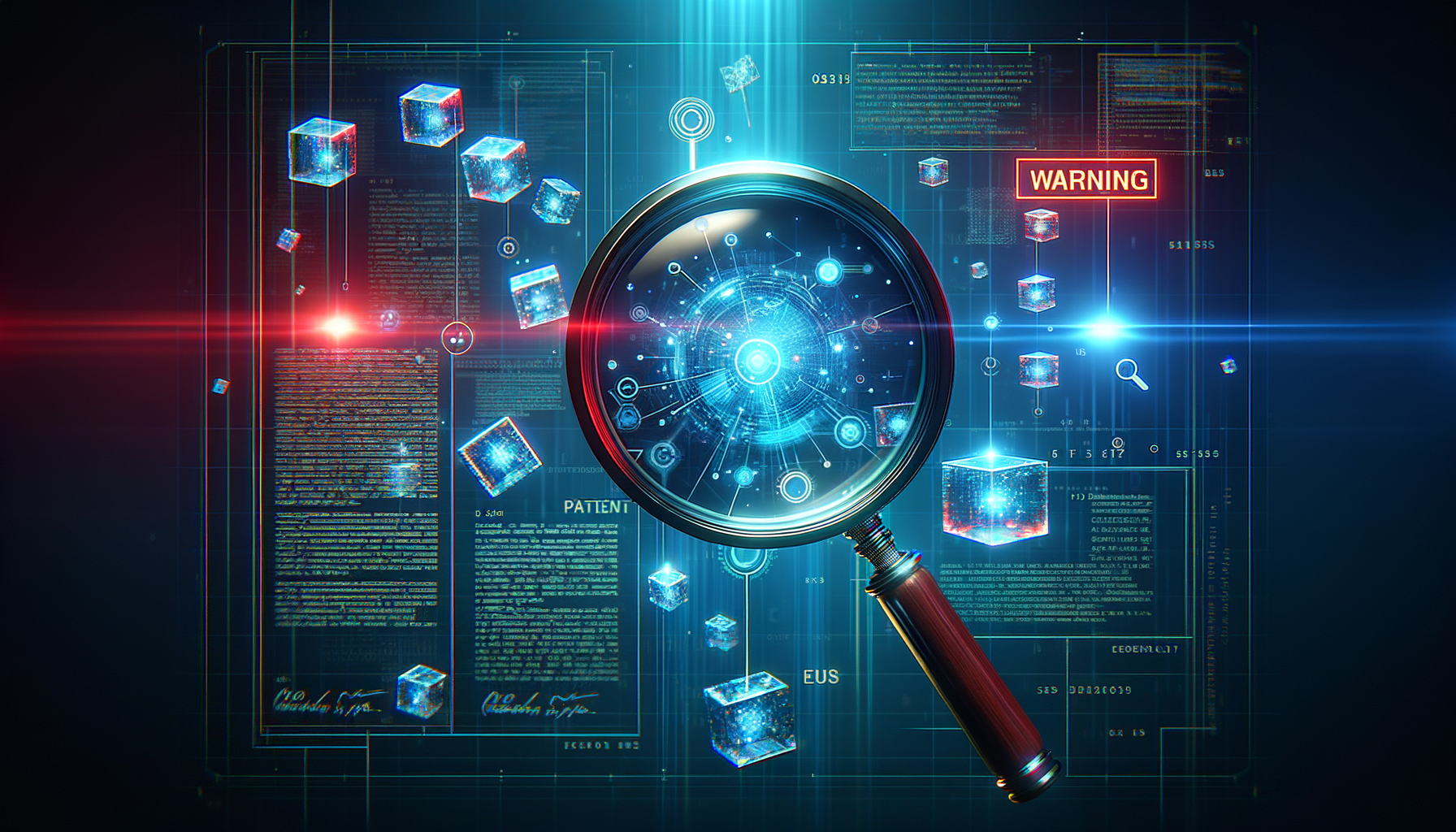Exploring Generative AI: Legal Implications and the Role of a Software Expert Witness

Generative AI is transforming how we create content, from images to code. Tools like Stable Diffusion, developed by Stability AI, and Jasper, which secured a $125 million funding round, are gaining traction. These platforms allow users, from machine learning specialists to everyday individuals, to generate AI-driven avatars, artwork, and more. But as these tools grow, so do questions about their legal implications, particularly around copyright and fair use. A software expert witness or AI expert witness can play a critical role in navigating these complexities.
What is Generative AI?
Generative AI uses unsupervised learning algorithms to produce new content from existing data, such as text, images, or audio. Diffusion models, like those powering Stable Diffusion, start with random noise and refine it into images based on text prompts, such as “a cat painting in the style of Van Gogh.” These models rely on vast datasets, often scraped from the public internet. DeviantArt recently launched a Stable Diffusion-powered app for custom artwork, while Microsoft is integrating DALL-E 2 into Edge for generative art features.
Legal Ramifications of Generative AI
The rise of generative AI raises significant legal questions, particularly around copyright infringement and fair use. The training datasets for these models often include billions of images, some copyrighted. A study by researchers at the University of Maryland and New York University found that tools like Stable Diffusion may replicate parts of their training data, raising concerns about whether the generated outputs infringe on copyrighted material.
Companies behind these tools argue that fair use protects their practices, as the models transform the data rather than directly reproduce it. However, this claim is untested in many courts. A software expert witness, such as Bradford Newman from Baker McKenzie, notes that the legal landscape is murky. With massive datasets and open-source licenses, the debate often hinges on fair use versus infringement.
A pivotal case involves GitHub Copilot, a generative AI tool for coding. A class-action lawsuit filed by Matthew Butterick claims Copilot used his code as training data without permission. This case, detailed on Butterick’s blog, could set a precedent for how courts view fair use in generative AI, impacting industries far beyond coding.
Fair Use and AI: A Balancing Act
Fair use in generative AI depends on context. For instance, generating an image of a generic concept like “Paris” may fall under fair use, as it draws from the public domain. However, creating images mimicking a living artist’s style could infringe on their copyrighted work, potentially depriving them of income. An AI expert witness can help clarify these distinctions in legal disputes by analyzing the technical processes behind the AI’s output.
Other countries have clearer rules. The UK’s text and data mining exception allows AI training for research purposes, while the EU’s Digital Single Market Directive permits data mining unless the rights holder opts out. The US, however, lacks specific laws for AI training, leaving courts to interpret existing copyright frameworks.
The Role of a Software Expert Witness
As generative AI cases enter the courtroom, a software expert witness becomes invaluable. These professionals can dissect the technical aspects of AI models, explaining how data is processed and whether outputs infringe on copyrighted material. Similarly, an AI expert witness can provide insights into the algorithms and datasets, helping courts understand the balance between innovation and intellectual property rights.
Conclusion
Generative AI is reshaping creative industries, but its reliance on vast datasets raises complex legal questions. Without updated US intellectual property laws, disputes over fair use and copyright will likely escalate. Engaging a software expert witness or AI expert witness can provide clarity in these cases, ensuring courts and businesses navigate the evolving landscape of generative AI responsibly.
Written by
Related Insights
Discuss your Case
- info@sidespingroup.com
- (800) 510-6844
- Monday – Friday
- 8am – 6pm PT
- 11am – 9pm ET


